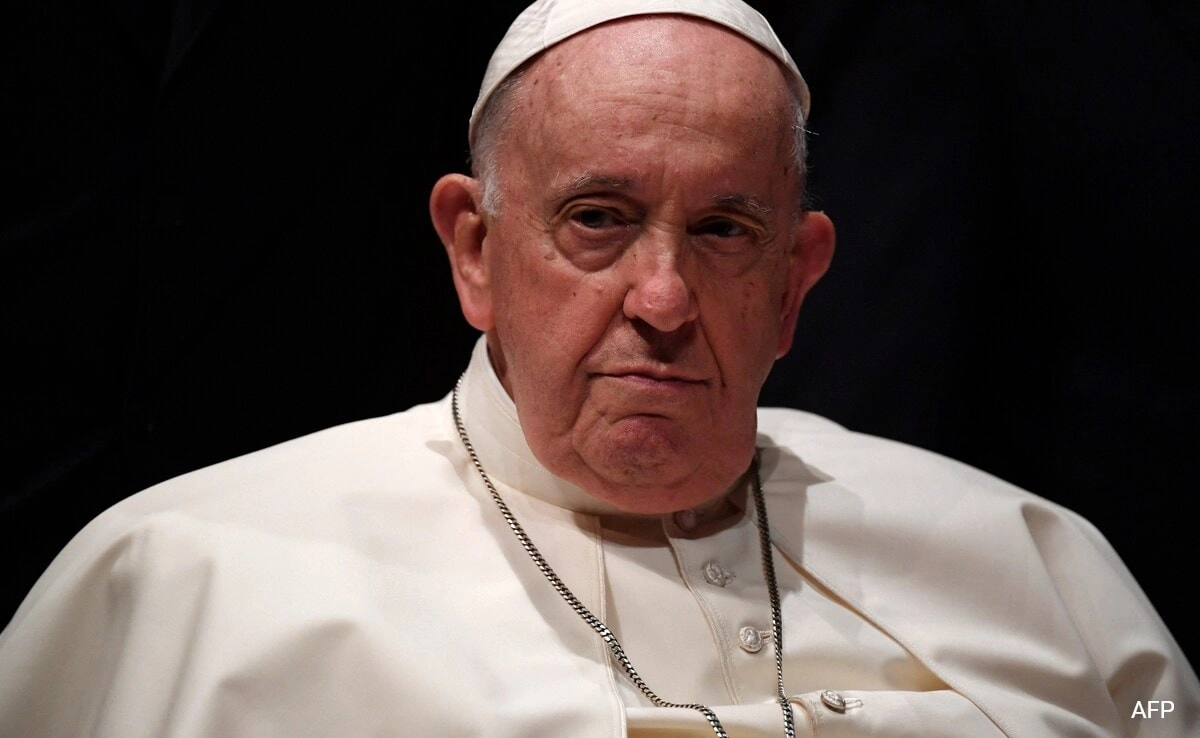Pope Francis, since his election in 2013, has consistently emphasized themes of compassion, humility, and inclusivity. One of his most memorable phrases, “Who am I to judge?” encapsulates his approach to complex moral issues, particularly regarding LGBTQ+ individuals. This statement reflects his belief in the primacy of love and understanding over condemnation. By adopting this perspective, he encourages a more compassionate and pastoral approach within the Church, advocating that we should not hastily label or judge others but rather seek to understand their experiences and struggles.
Throughout his papacy, Pope Francis has made a series of impactful statements that resonate with his commitment to social justice and environmental stewardship. He has often highlighted the importance of caring for the marginalized and voiceless in society. In his encyclical “Laudato Si’,” he calls for urgent action on climate change and stresses the interconnectedness of all creation. His words serve as a clarion call to humanity, urging us to recognize our responsibility not only to each other but also to the planet we inhabit. This holistic view of human dignity encompasses both social and environmental justice, reinforcing the idea that the well-being of people and the Earth are intrinsically linked.
Moreover, Pope Francis has challenged the Church to confront its past and present failures, particularly regarding the sexual abuse crisis. By openly acknowledging the pain and suffering caused by the Church’s shortcomings, he aims to foster a culture of accountability and healing. His emphasis on transparency and reform seeks to restore trust and integrity within the Church, demonstrating his commitment to a more authentic and humble leadership. Through these key quotes and teachings, Pope Francis inspires a vision of a Church that is more inclusive, compassionate, and dedicated to the service of humanity, encouraging all individuals to embrace love over judgment.




